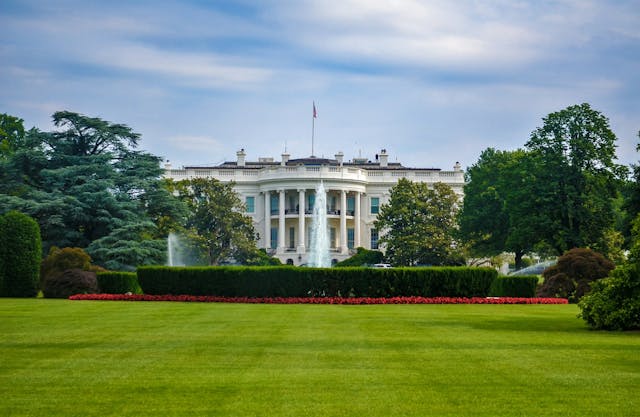The Proposition 8 Decision Had Nothing to Do With Gay Rights

The "liberal" community, including its passionate support for gay marriage has been all the twitter the last two days over the Supreme Court's decisions on DOMA and Proposition 8. Conservatives lie in shock, as two "traditional marriage" protecting laws have gone up in flames. But in all the passionate fury, there's been little discussion about the implications of the Proposition 8 decision; and it should give liberals and conservatives serious concern.
Proposition 8 was a Constitutional Amendment passed by California voters. Like it or not, the will of California's voters was expressed at the ballot box, codifying a traditional definition of marriage into the State's legal foundation.
Most liberals have compelling arguments against the Constitutionality of Proposition 8, generally on equal protection or fundamental right grounds.
But the court did not say that gays were equals. Or that their right to marry was fundamental to their rights as citizens. Instead of addressing the merits of the arguments on either side, the Court held that the individuals and organizations defending California's voter approved Constitutional amendment did not have a legal interest in defending the suit:
Their only interest was to vindicate the constitutional validity of a generally applicable California law. As this Court has repeatedly held, such a “generalized grievance.” —no matter how sincere — is insufficient to confer standing.
Skip past the news coverage over the narrow implications the decision has on Proposition 8. No one is talking about the sharp dagger the Supreme Court just jabbed into the initiative and proposition process enjoyed in 24 states including California.
A proposition, like a voter initiative, is the process by which a law is placed on the ballot by the legislature and put to a public vote. It is the same process that has been used to pass several other propositions including California's new nonpartisan primary process, known as the "Top-Two Open Primary" (Proposition 14). Republican Abel Maldonado was able to get the legislature to put the referendum on the ballot in exchange for his support of the 2009 Democratic budget plan. And in its first year of enactment, Proposition 14 was credited by Ballotpedia with turning California from having one of the least, to having the most competitive elections in a single election cycle.
The legislature, comprised largely of partisan Democrats and Republicans (voted into office under a system of red and blue primaries), doesn't like Proposition 14. In fact, the California legislature tried to use its legal team to sue the California Secretary of State before the ballots for Proposition 14 were printed so that the ballot summary of the proposition would be less favorable. And, surprise, the Secretary of State wasn't going to defend it. Same team.
It was only because the Independent Voter Project, who authored Proposition 14, found out about the legislature's dirty trick and intervened in the lawsuit so that the ballot summary remained a true reflection of what the Proposition would actually do.
In 2010, Proposition 14 was passed decisively by California's voters. Since that time, it has faced 3 separate lawsuits in State Court, all initiated by partisan interests. Every step of the way, it has not been the California legislature that has defended the nonpartisan system, codified in its Constitution. The Proposition has been instead defended by the Independent Voter Project, an organization whose mission is to "elevate democracy beyond the binary fiction."
And these lawsuits have not stopped.
Now suppose there is a negative ruling on a contentious Constitutional issue by California's Supreme Court. How would the Independent Voter Project, or anyone else, protect the interests of over 4 million independent voters in California who were denied the right to participate in the old partisan process? They can't. How would the will of the voters be heard by the nation's highest court? They won't.
Worse yet, what if California courts follow the Supreme Court's lead and decide that only the legislature can defend California's laws?
What the Supreme Court did in its decision in Proposition 8 was give temporary cause for celebration to a group of citizens who I, personally, happen to believe deserve it.
But the Supreme Court's decision has nothing to do with gay marriage. It was a civil procedure decision. And while the decision may appear to extend "gay rights," it has trampled on the right of individuals to intervene in lawsuits where their interest in upholding the law is not adequately represented. The will of the voters, says the Court, is subject to the will of the legislature.
Most simply, the Court told California citizen's that if their Governor, their legislature, or their Secretary of State refuse to defend their own Constitution, well too bad.



